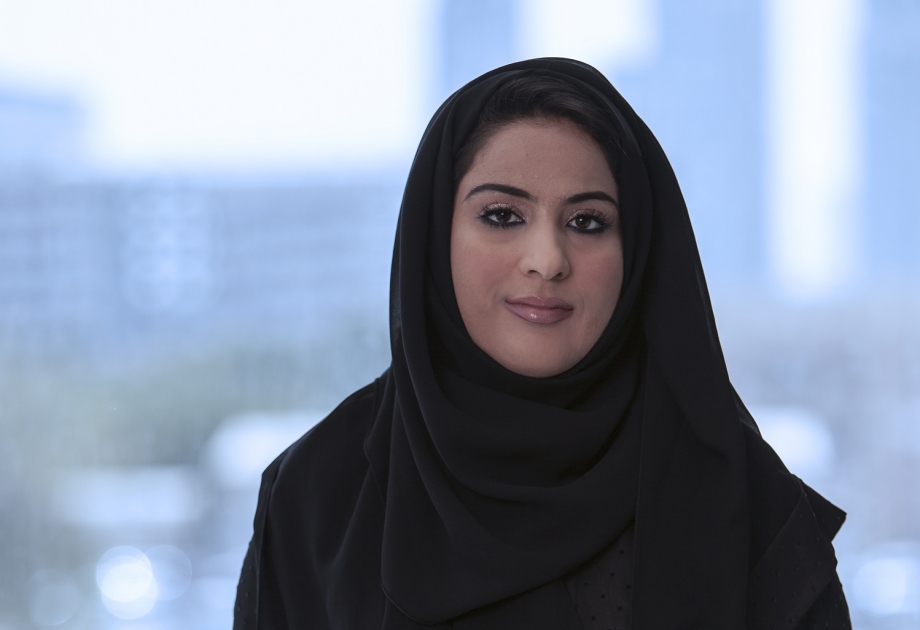
10 ways to a healthy Hajj when you have diabetes
Every year, during the month of ZelHajjeh, around two and a half million pilgrims make their way to the holy destination of Mecca in Saudi Arabia for Hajj. As one of the founding pillars of Islam, it is mandatory for practicing Muslims in good health to make this journey at least once in their lives. However, there are still thousands of people who will be making this journey with many different health problems, including diabetes and its related conditions such as eye- or coronary heart disease and diabetic foot.
Diabetes management, which depends on an established stable routine, may be affected during Hajj due to changes in your levels of physical activity (walking and standing for long periods), diet and meal times and it’s important that you look after yourself as these changes may leave you with fluctuations in blood sugar levels and prone to dehydration.
Here are some tips and advice on how you can stay healthy, safe and manage your diabetes during your Hajj pilgrimage.
Check list for a safe and healthy Hajj for diabetics:
- Speak to your doctor before travelling as any changes to food, activity levels and meal timings should be discussed. Your doctor will also give you advice on how to take your medicine or insulin, what and when to eat, and how to avoid any diabetes complications during the pilgrimage. This is particularly important if you have other health-related problems such as a heart or kidney condition or a known history of hypoglycaemic episodes
- Ensure you are up to date with your influenza and meningococcal vaccines 2 weeks before you travel. Infectious diseases such as flu and chest infections are common during Hajj as a large number of people are gathering in a limited space during a short time. Try and avoid close contact with people wherever possible, and wear a face mask if you are particularly prone to infections
- Prepare the correct amount of medications you need as advised by your doctor and place them in separate, well-labelled containers. Make sure carry a cool pack to store insulin
- Pack your medications in carry-on luggage rather than in checked baggage to avoid not only bags going missing, but also avoid the extreme temperature differences on the airplane that could alter the efficiency of the insulin
- Prepare glucose and ketone dipsticks (to know the state of diabetes control during Ihram)
- Inform the organiser of your Hajj trip of your medical conditions as they may have a doctor accompanying the group. If this is not possible, it is still important to tell people you are travelling with that you have diabetes and teach them the signs of low sugar levels and how to treat it
- Avoid walking barefoot and always protect your feet with comfortable shoes and clean cotton socks, making sure to wash and dry your feet every day. Foot care is extra important for diabetics, as damage to your peripheral nerves can cause weakness, numbness and pain in your feet, and you may not feel a cut, blister or sore that can cause ulcers and infections, known as diabetic foot. Be aware of any blisters and cuts, and seek medical advice on how to treat them
- Be smart with your food choices to keep your blood sugar under control. For many pilgrims meals will be served buffet-style, so chose your food carefully. Start your meal with a fresh, well-cleaned salad and vegetables and opt for lean meat and basmati rice dishes, to keep blood sugar levels under control. Desserts should be avoided as they increase your blood sugar levels and cause dehydration, instead stick to whole fruits that have a low glycemic index and plenty of fibre such as pears, apples and strawberries
- Prepare your snacks, such as a handful of nuts and seeds, low fat yogurt, or soup to avoid sudden dips in glucose levels. Make sure you have access to simple sugars at all times in the event of hypoglycaemic episode. This happens when blood sugars drop to less than 70mg/dl and you experience symptoms of dizziness, sweating and palpitations. Eat 3 dates or 1 tablespoon of honey, or drink half a glass of fruit juice and recheck your blood glucose levels after 15 minutes, informing the medical team on site
- Drink plenty of water during the day and with every meal (minimum 2 litres daily and preferably more as you may be losing water through sweating or diarrhoea). The weather in Mecca and Medina is normally hot and dry and it’s easy to forget to drink enough water when you’re busy with your rituals and walking long distances, increasing the risk of dehydration. Avoid caffeine and sugary drinks such as fruit juices and fizzy soda. If you are allowed to carry an umbrella, use this as much as possible, along with a water spray to keep cool


























